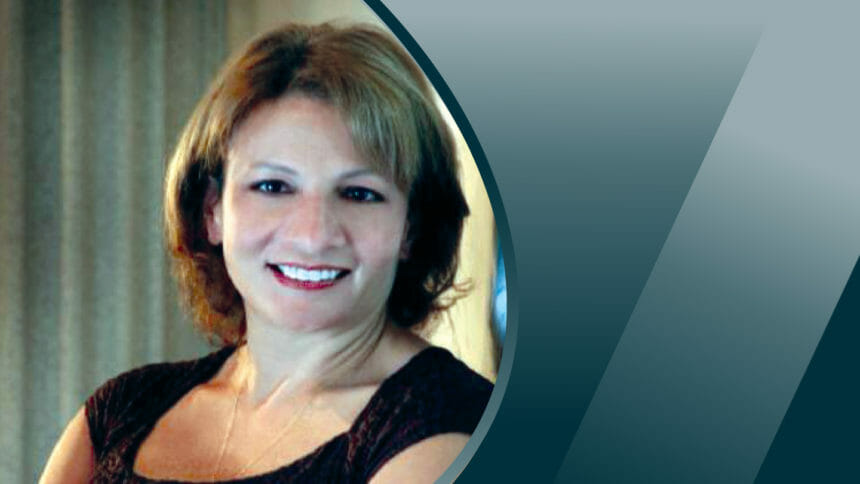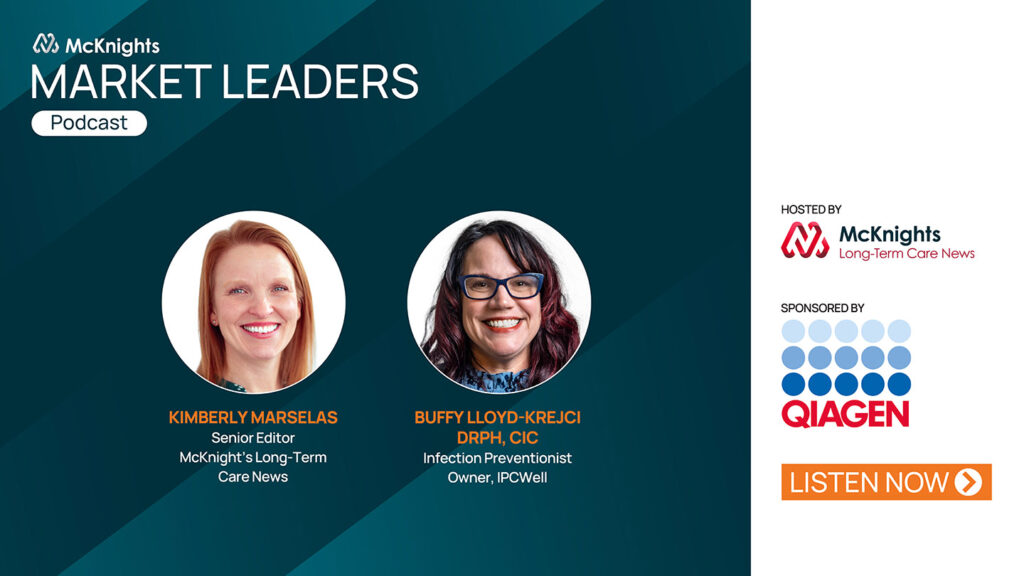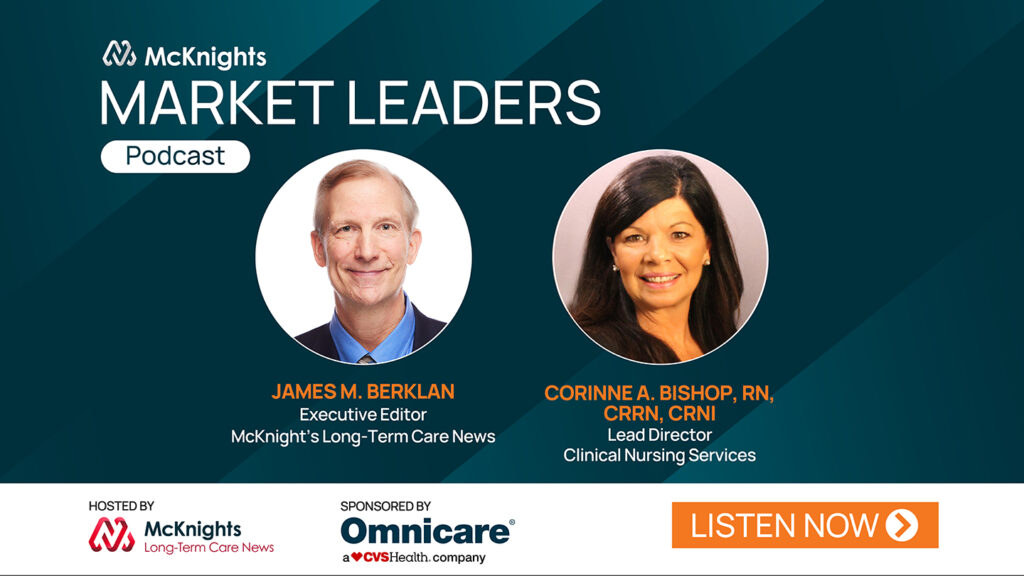
On May 11, 2023, the Public Health Emergency ended in the United States. Obviously, the whole world is celebrating the diminished COVID-19 numbers and the drop in COVID-related deaths. But we’ve been living with the emergency generated by COVID-19 for three-years (aka eternity), so what happens now?
No one wants a Public Health Emergency, but during the nearly three years we’ve had it, there have been some functional and transactional benefits to our skilled nursing facilities and to our residents.
Some of the changes we expect to see in the absence of the 1135 Waiver include:
- COVID-19 tests will no longer be free to Medicare beneficiaries, and may have a lab cost associated with PCR tests
- COVID-19 vaccinations may not be covered by insurance
- Millions may lose their Medicaid benefits, since the PHE allowed them to remain on the Medicaid rolls regardless of eligibility, in exchange for Federal Aid to the states
- The three-day hospital stay requirement will return
- Testing requirements in SNFs will be reduced
- Vaccination mandate in SNFs will likely be dropped
- Telehealth, specifically for PT/OT, may be in jeopardy
- Nurse aide training will become state-tested again, and there will be a determined time limit for the nurse aide to test and become certified
- Benefit periods will return to 100 days and will require the 60-day “period of wellness” to begin a new one.
- PASRRs will resume.
- SNFs will not be required to have a segregated COVID unit
Currently, COVID-19 vaccines and oral antiviral drugs are sourced from the Federal Government’s supply and must be free of cost. However, the supply of vaccines is limited and is only expected to last through summer. And when the newer versions of the vaccine come out, they will be provided commercially, i.e. at cost to the consumer or insurance.
As we see COVID fade and our masks come down, we still need to reinforce and educate on the danger of not getting vaccinated. The 1918 flu pandemic didn’t just go away; we are still getting our flu shots to avoid a recurrence.
A huge concern that affects our operations and our residents’ health is the resumption of the three-day stay requirement. When that regulation was initiated in 1965, hospitals were different. SNFs were different.
Now hospital beds are short, staff is short, ERs are overflowing 24 hrs a day. Without the ability to admit a patient and begin the three-day stay, many very ill patients are staying in “observation,” and the chance of getting into a SNF under Medicare is slim.
Another issue of concern is the 100-day maximum stay per episode. We have had so many of our residents expend their 100-day benefit, but need continued skilled care when long-COVID persists, or other respiratory or systemic issues arise. The ability to re-certify under their Medicare benefit is now gone. The risk to the resident rises because of the facility’s federally-imposed inability to offer the skilled care they need.
So we’re back to business-as-usual, but it’s more unusual than it’s ever been. We still have to offer the best care that we can, but under more stringent requirements, and for the same (or less) reimbursement.
We will rise to the occasion and continue our care, but with a heightened knowledge and experience of where we’ve been and how we can regain our footing and improve lives. COVID didn’t stop us. The absence of COVID shouldn’t either.
Jean Wendland Porter, PT, CCI, WCC, CKTP, CDP, TWD, is the regional director of therapy operations at Diversified Health Partners in Ohio.
The opinions expressed in McKnight’s Long-Term Care News guest submissions are the author’s and are not necessarily those of McKnight’s Long-Term Care News or its editors.




